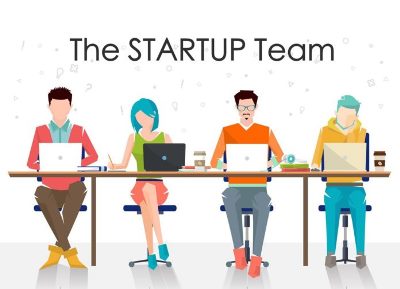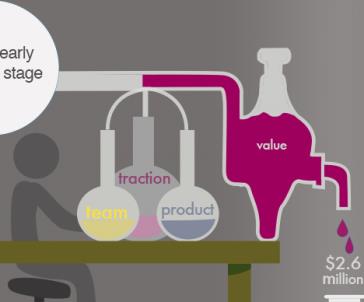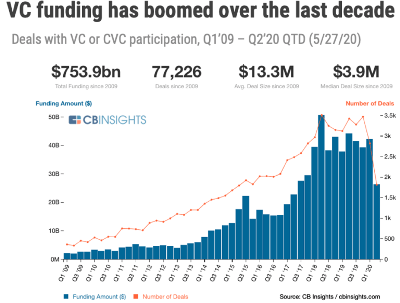When assessing a start-up project at the end, beyond the idea and business growth expectations, what is really important is the quality of the team. And that is what should be assessed first.

The ‘team’ means first, more than one person. Many investors shun investing in a single founder venture (there can be exceptions when there are several committed early investors, some of which plan to join the start-up). But in any case there needs to be a small core team with diversified experience and profiles (one commercial, one technical, one funding for example) and it is even much better if there are experienced mentors involved in some sort of advising committee (senior people from the industry, successful founders of start-ups etc).
Then one needs to assess the business-savviness, the resilience and motivation of the team members; and how they will all work together. This is bit harder and requires as a minimum to interview the team before committing to anything like an investment.
The team is what will successfully address the unexpected obstacles on the way ahead of the start-up, and that’s what need to be assessed first, before any look at a highly uncertain business plan.
This is a short series of posts where I want to share some thoughts from my experience as a Business Angel with now about 15 investments over the last 5 years, and review of 100s of start-up pitches per year. Previous posts include ‘How Early Start-Up Valuation is too Often too High‘ and ‘How Start-Up Founders Too Often Define Themselves by How Much Money They Raised‘











